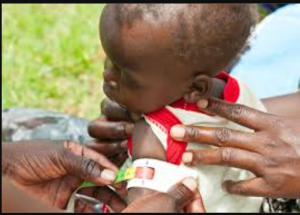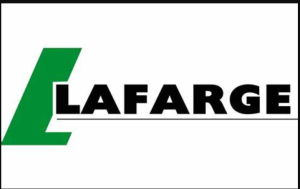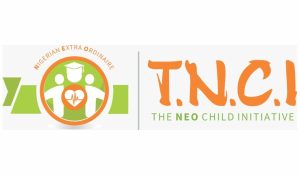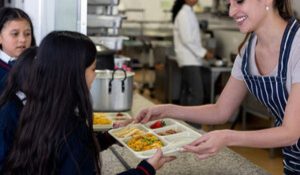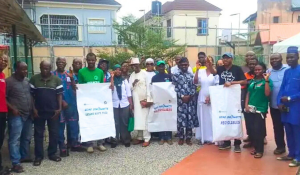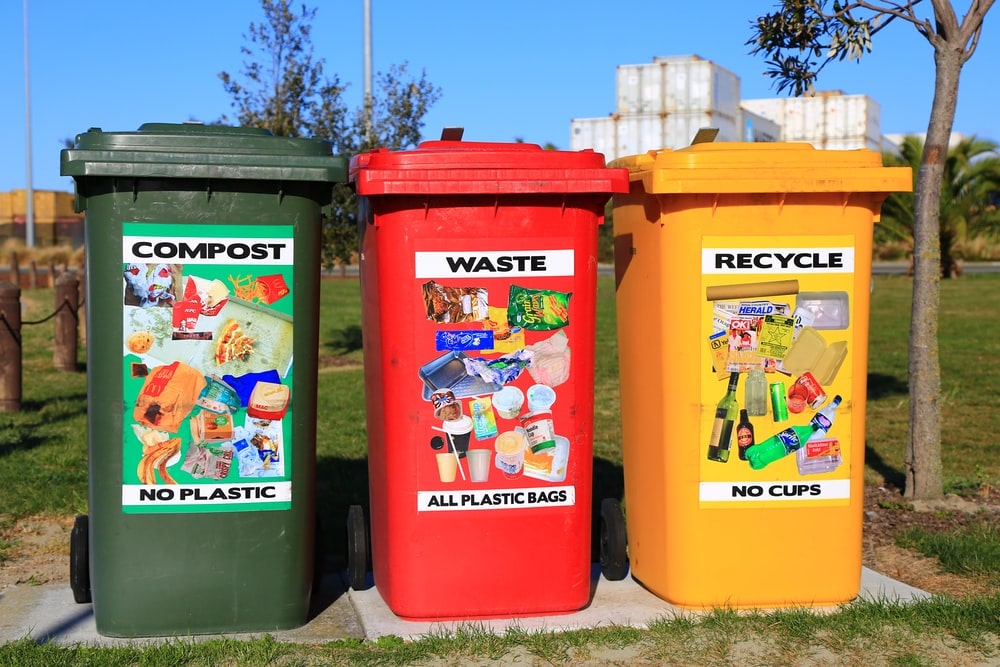
Mountains of plastic waste that once represented environmental degradation across several states in Nigeria, are slowly but surely turning into a vibrant ecosystem – one that seamlessly blends recycling with commerce and have become a symbol of economic revitalization.
Still at its nascent stage of development, the recycling industry is already showing real potential to foster not just a green economy, but one that can lift families and communities out of poverty in the country.
While Nigeria’s average plastic waste generation figures are still hard to quantify, estimates indicate that the country ranks ninth in the world with the most plastic waste – a whopping 2.5 million metric tons annually. With a population of over 200 million people, this number is only expected to rise.
However, the good news is that this also implies vast opportunities for circular economy business across the waste management value chain.
According to the Nigerian government and UNDP’s Imagine Nigeria report, the country’s green economy is worth about $250 billion, with plastic recycling playing a central role, and boasting an estimated market size of $40 billion.
In 2021, a report from the Lagos State Waste Management Authority, indicated that the recycling economy of the state generated as much as 18 billion naira.
Companies like Kaltani, with its $4 million seed funding, Unilever Nigeria’s recent $2 million grant to Wecyclers, USAID and Coca-Cola Foundation $4m grant to Technoserve towards collection and recycling efforts further supports the industry’s growing potential to create sustainable wealth.
From plastic pickers to aggregators, there are plenty of opportunities to generate revenue within the value chain. Which is why it is not uncommon to see plastic pickers on the streets of major cities across the country – many of them, with sacks across their shoulders or pushing collection carts, removing plastics from the streets and gutters.
A few years ago, people like Rashid Adeyemo were among many often-overlooked plastics pickers in Yaba. Now, he leads a 20-person waste-picking cooperative, empowering other business-minded individuals like himself to make an honest living. The value chain has seen significant job creation and employment opportunities driven by the emergence of small and medium scale enterprises like Chanjandatti, Green Axis, Fifthseed, RecyclePoints, Ecobarter, etc who are focused on driving packaging collection and recycling delivering environmental sustainability and economic opportunities in communities.
Their stories exemplify a growing trend, with plastic pickers organising into groups, small collectors transitioning to aggregators to seize the expanding opportunities within the sector while transforming their lives, those of their families and the environment.
Experts estimate that a well-managed waste management system in Nigeria could create over 250,000 jobs by 2025.
From all indications, this is a flourishing industry that extends beyond just waste collection; it encompasses a vibrant ecosystem that involves waste collection, sorting, processing into bales or flakes, and recycling of these materials into resins or other reusable materials.
This transformative process gives rise to a circular economy, where plastic waste becomes a valuable resource, promoting sustainability and economic growth.
The environmental benefits are quite significant. By diverting plastic and cans from overflowing landfills, plastic waste collectors and aggregators have become key actors in tackling plastic pollution, reducing land and water pollution and conserving valuable natural resources that may have otherwise been used to manufacture virgin plastic.
Notwithstanding the gains, it is critical to note that Nigeria hasn’t exactly overcome its waste management challenges. Plastic waste remains a major source of environmental pollution in the country.
In recognition of this challenge, the food and beverage industry in 2014, established the Food and Beverage Recycling Alliance (FBRA) to proffer scalable solutions. Recognizing the importance of addressing the problem at its roots, FBRA has taken an active role in promoting innovation among its members and driving the development of sustainable packaging solutions from packaging design to collection while also advocating for a robust Extended Producer responsibility to drive circularity.
In all of this, some observers have noted that a critical element in tackling the challenges posed by plastic waste can be achieved through collaboration. Policymakers, the industry, civil society organisations and consumers must unite in the formulation of a comprehensive nationwide action plan.
Collaborations between government, food and beverage companies, retailers, consumers, and recycling industries in the country can create a win-win situation. This approach will not only tackle the plastic pollution crisis but also empower communities, create jobs, and foster a culture of sustainability.
The likes of Rashid Adeyemo and countless other small and medium-scale enterprises are already paving the way for a future where waste is a catalyst for positive change. In their hands, trash truly transforms into a treasure, not just for their livelihoods, but for the environment and the nation’s future.






